In response to a recent uptick in immigration enforcement activities around Washington courthouses, Washington State Supreme Court Chief Justice Mary Fairhurst sent a letter to Secretary John Kelly of the U.S. Department of Homeland Security expressing concerns and possible solutions. Full text of the letter can be found by clicking here.
Citing reports from lawyers and judges about this increased presence, Fairhurst said, “These developments are deeply troubling because they impede the fundamental mission of our courts, which is to ensure due process and access to justice for everyone, regardless of immigration status.
Highlighting that the fear of apprehension, even for those with lawful immigration status, may deter individuals from accessing courthouses, Fairhurst said, “Our ability to function relies on individuals who voluntarily appear to participate and cooperate in the process of justice.”
“When people are afraid to appear for court hearings, out of fear of apprehension, their ability to access justice is compromised,” she said, adding, “their absence curtails the capacity of our judges, clerks and court personnel to function effectively…and risk making our communities less safe.” Lawyers report that Immigration and Customs Enforcement (ICE) activities are occurring at courthouses in Clark, Clallam, Cowlitz, King, Skagit and Mason counties.
In addition to welcoming a meeting to discuss the issue further, Fairhurst encourages the Department to designate courthouses as “sensitive locations” – a term used by the Department of Homeland Security in Policy 10029.2 to guide and limit such activities in locations such as schools and universities, places of worship, community centers and hospitals.
While a “sensitive location” designation does not preclude enforcement actions on these sites, the policy states that these venues will generally be avoided to enhance the public understanding and trust to ensure people seeking to participate in activities or utilize services are free to do so without fear or hesitation.
Designating courts as sensitive locations will, “assist us in maintaining the trust that is required for the court to be a safe and neutral public forum. It will assure our residents that they can and should appear for court hearings without fear of apprehension for civil immigration violations,” wrote Fairhurst.
Read the original version of this article here.
Washington Courts Media Contacts:
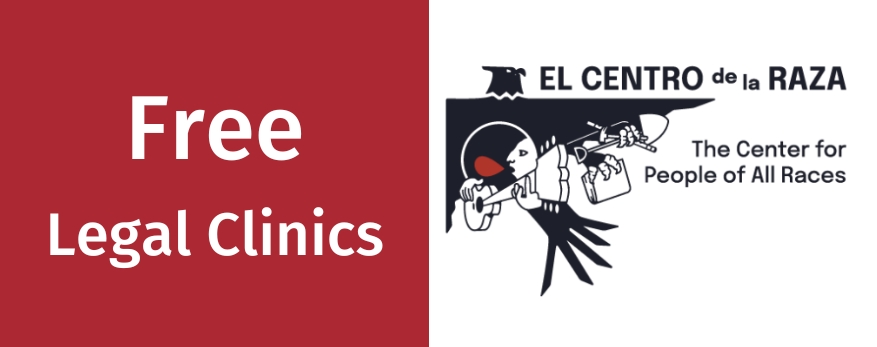
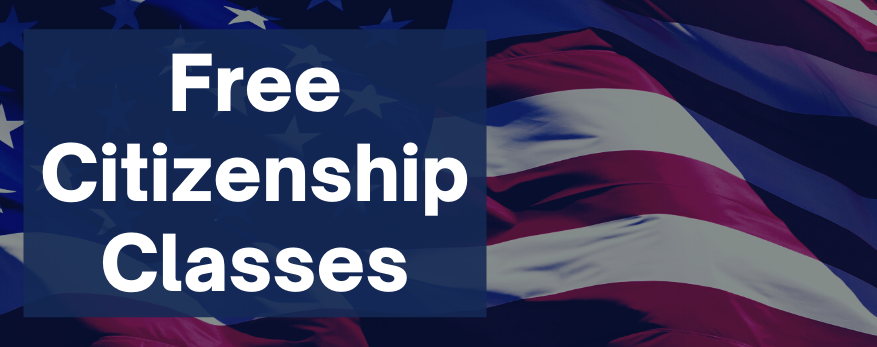
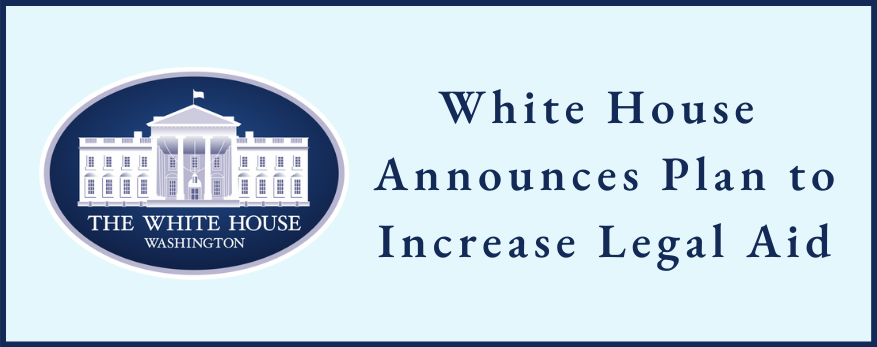






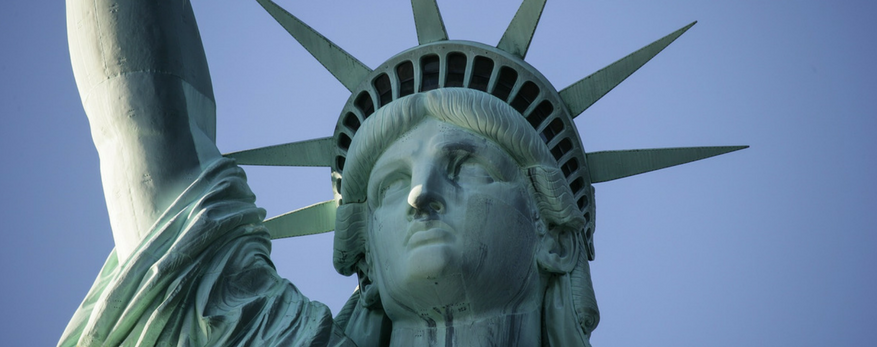
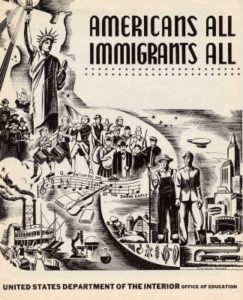 The syllabus seeks to provide historical context to current debates over immigration reform, integration, and citizenship. The syllabus follows a chronological overview of U.S. immigration history, but it also includes thematic weeks that cover salient issues in political discourse today such as xenophobia, deportation policy, and border policing. Listing essential topics and readings and linking to historical documents and multimedia sources, #ImmigrationSyllabus helps answer important questions such as:
The syllabus seeks to provide historical context to current debates over immigration reform, integration, and citizenship. The syllabus follows a chronological overview of U.S. immigration history, but it also includes thematic weeks that cover salient issues in political discourse today such as xenophobia, deportation policy, and border policing. Listing essential topics and readings and linking to historical documents and multimedia sources, #ImmigrationSyllabus helps answer important questions such as: